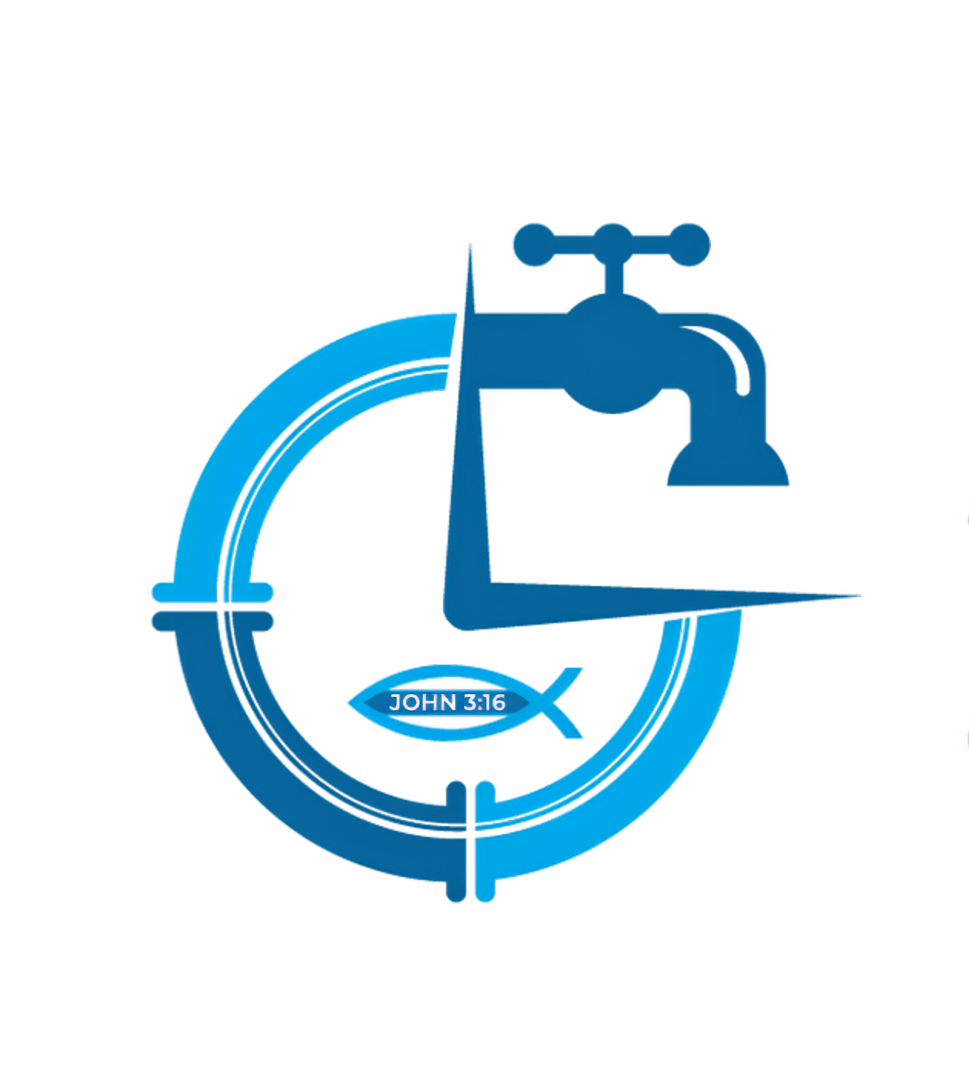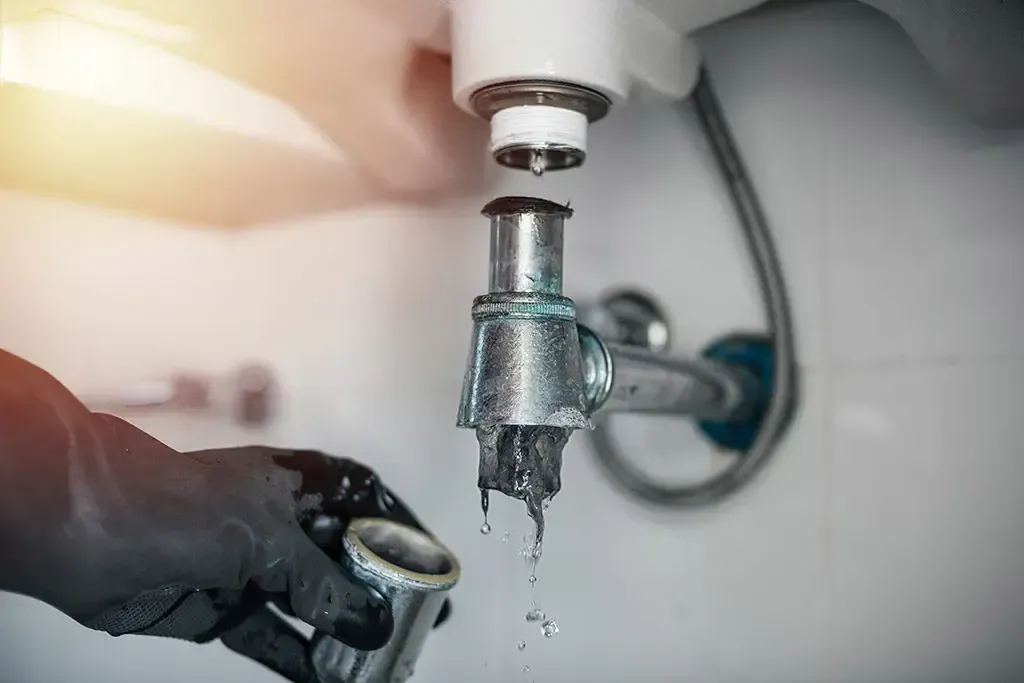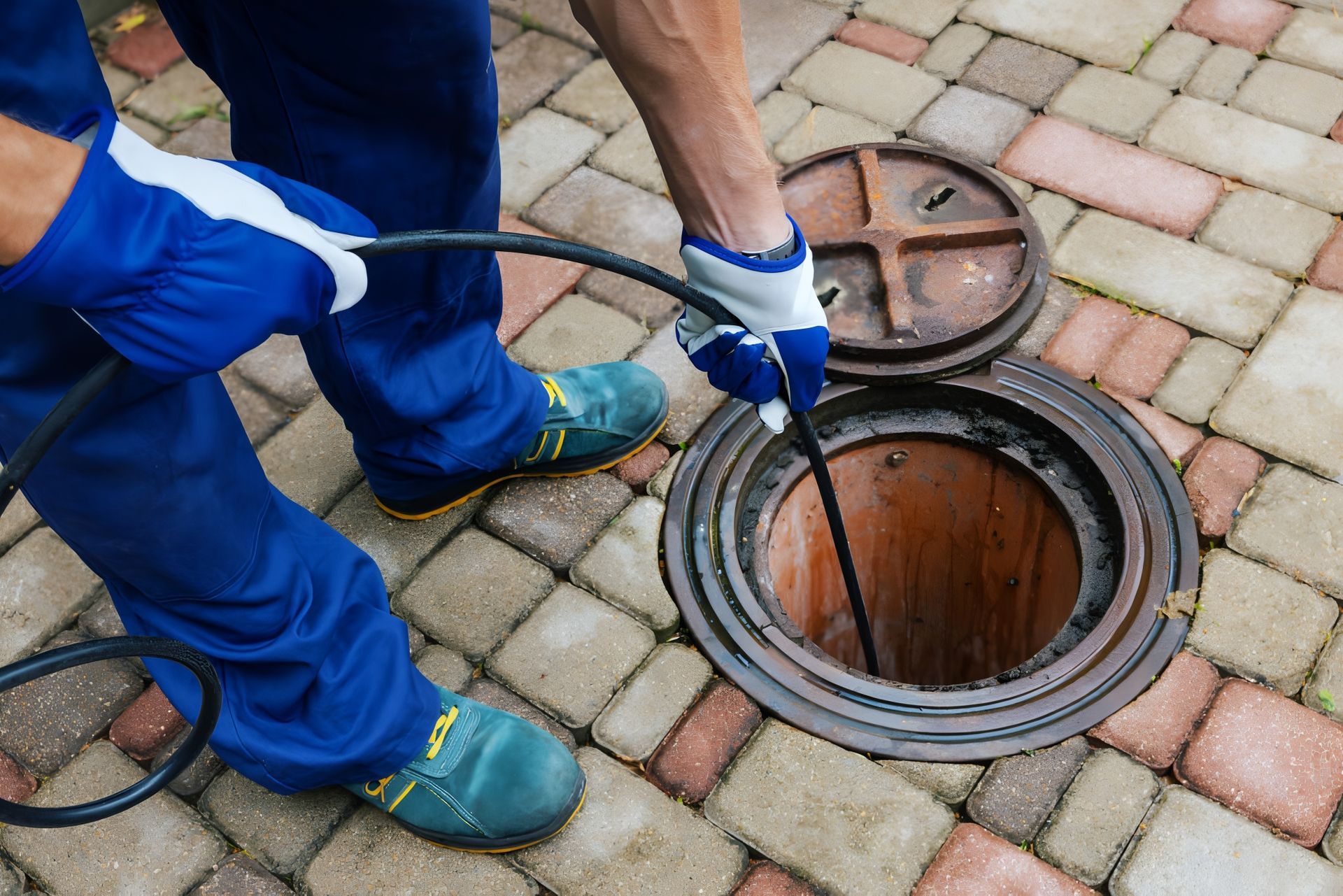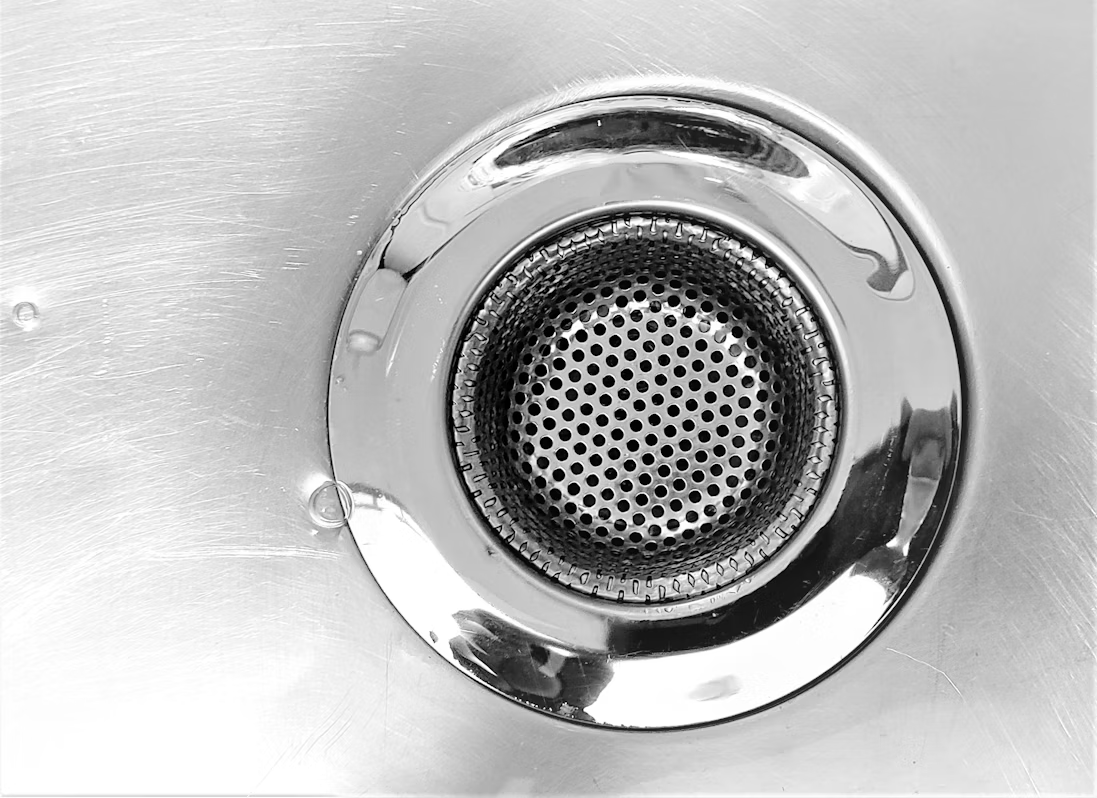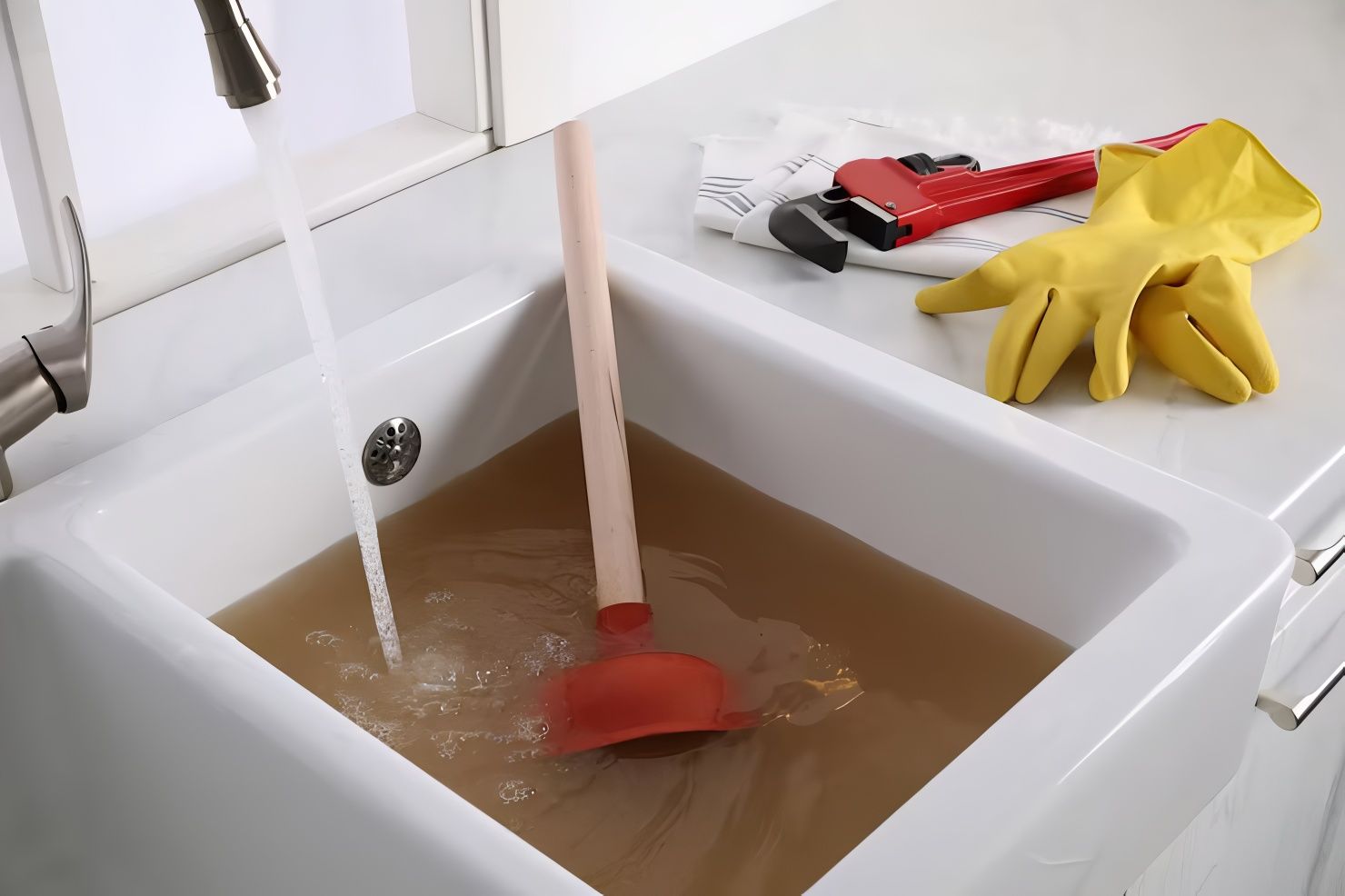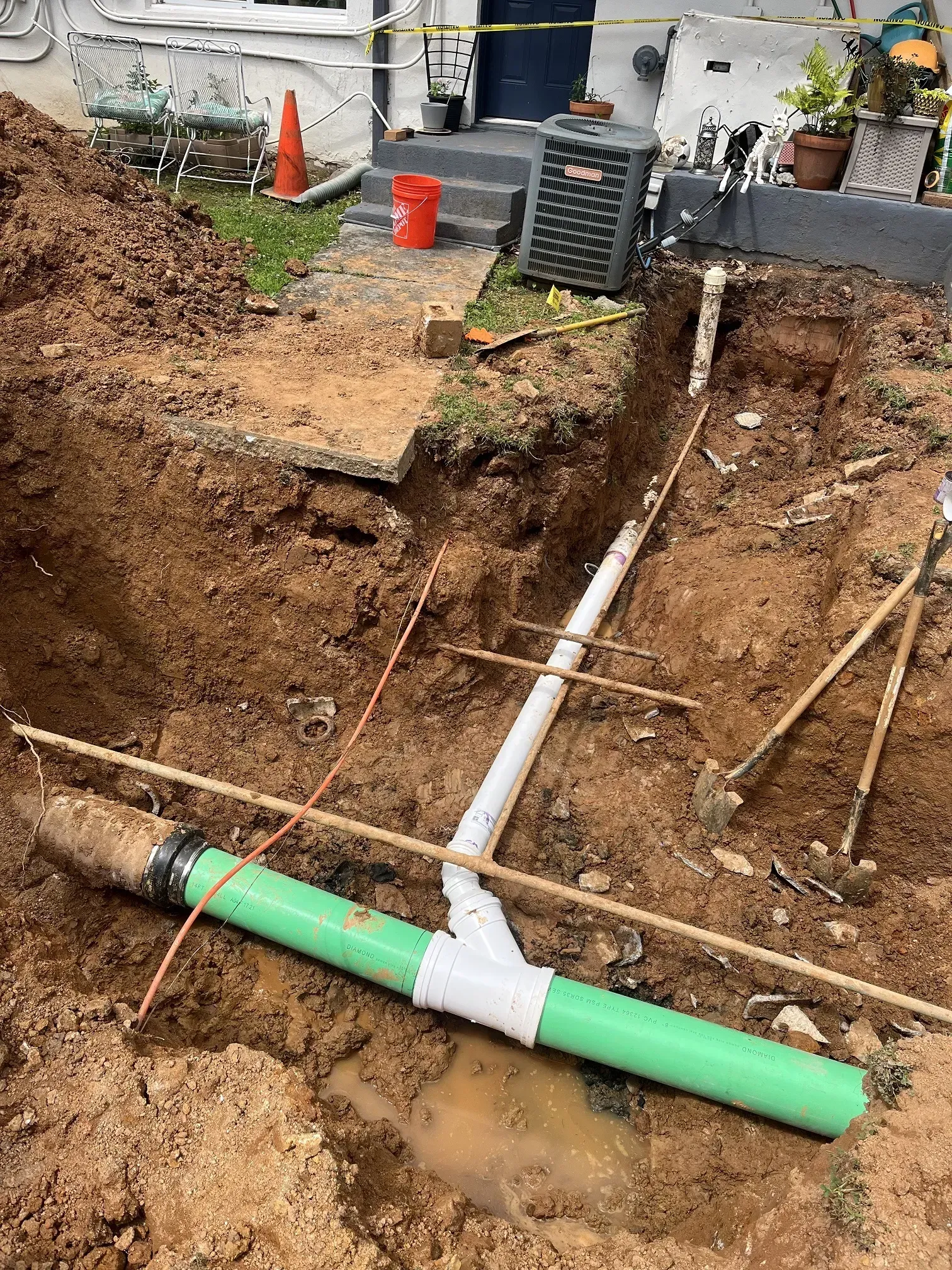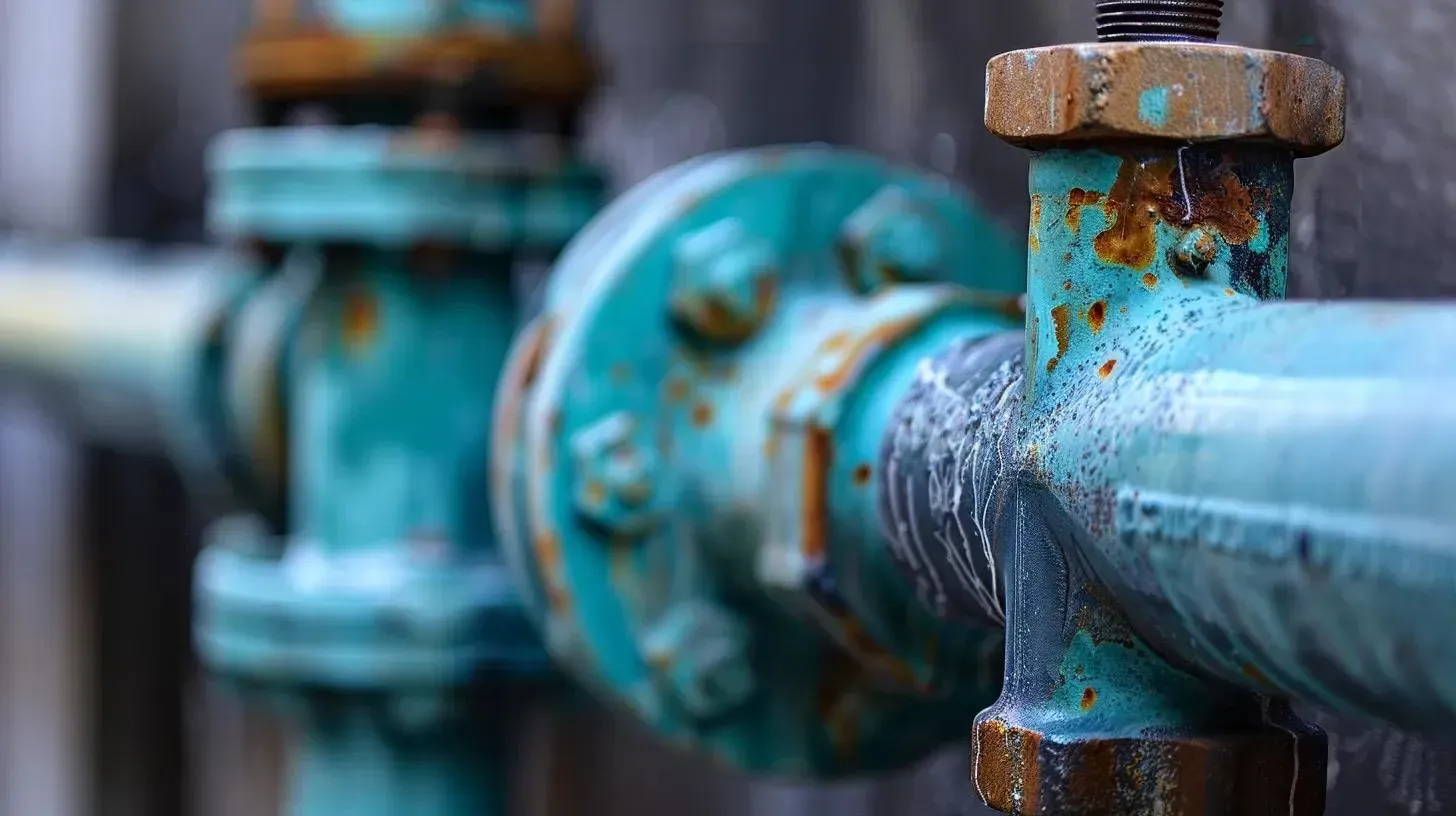Uncover the Main Reasons for Commercial Plumbing Blockages
Franchesca Reid October 16, 2025
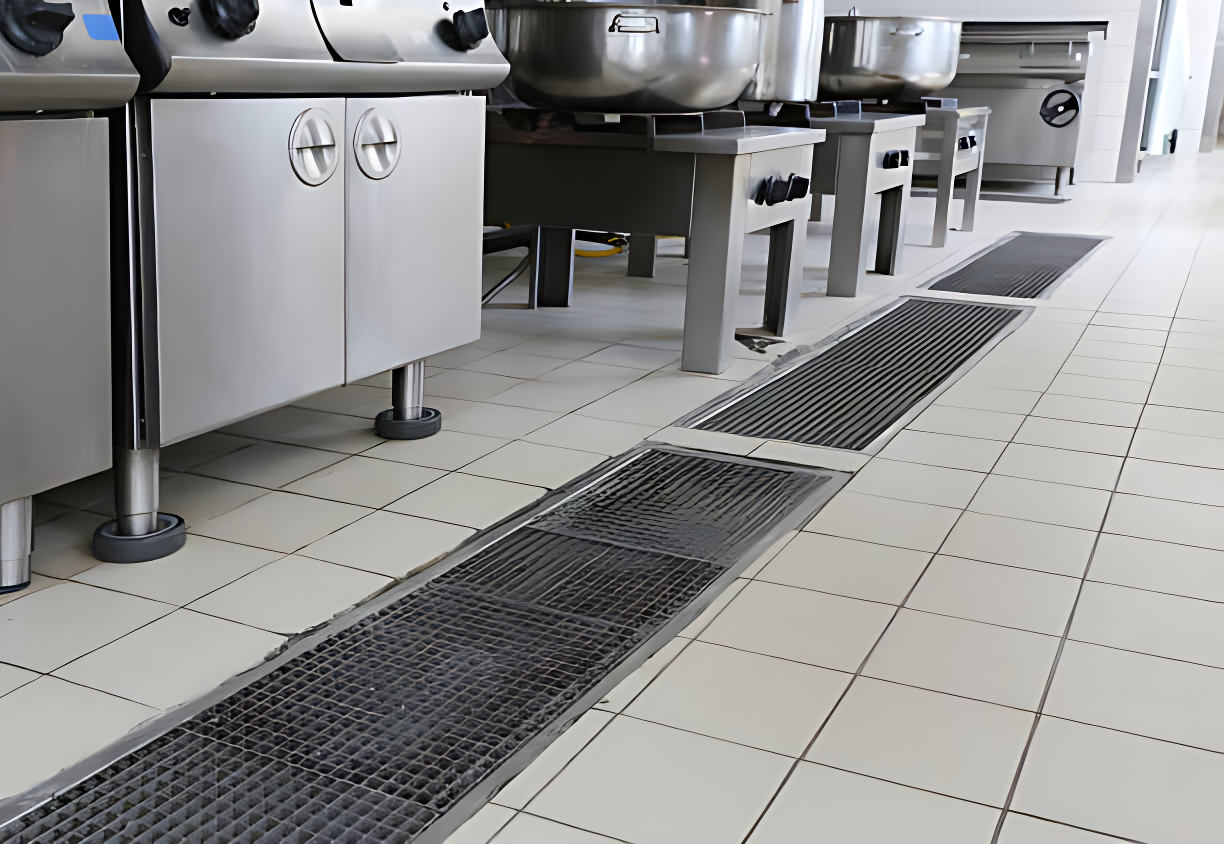
A single clogged drain can bring a business to a standstill overnight, leading to expensive downtime and workflow disruptions.
Understanding the primary causes of clogged pipes in Cumming GA commercial establishments, and how to prevent them, empowers facility managers to safeguard operations and minimize emergency repairs.
This article dives into four major culprits, fats, oils, and grease (FOG); foreign objects; tree root intrusion; and mineral buildup and sediment, then outlines key symptoms, proven prevention strategies, and when to call in the professionals.
Discover the Key Causes of Commercial Plumbing Blockages
- Main causes: FOG, foreign objects, tree roots entering lines, and mineral or sediment scale
- Early warnings include slow drains, gurgling, backups, and persistent sewage odors
- Prevent issues with staff training, disposal protocols, drain screens, and grease traps
- Keep flow with scheduled cleaning, descaling, and periodic camera inspections
- Call professionals for recurring clogs or suspected pipe damage to avoid downtime
1. Fats, Oils, and Grease (FOG)
Fats, oils, and grease are semi-solid substances that coat pipe walls as temperatures change, narrowing passages and hindering flow.
In commercial kitchens, cooking oils poured down drains cool and stick to interior surfaces, gradually forming hardened blockages that cause backups and unpleasant odors, often leading to clogged pipes.
Regular grease trap maintenance and timely hydro-jetting can prevent accumulation and the resulting clog, ensuring uninterrupted drainage for restaurants and food-service establishments in Cumming, GA.
Research indicates that FOG buildup in sewer pipes is a significant and growing issue stemming from various sources, including food service establishments
2. Foreign Objects
Foreign objects enter drains when improper disposal practices allow non-biodegradable items to pass through fixtures.
Common culprits include paper towels, sanitary products, plastic utensils, and food packaging that become lodged in pipe joints or cleanouts, leading to clogged pipes.
Preventing these blockages and the resulting clog, requires staff training and strict waste-segregation policies that keep debris out of the plumbing network, significantly reducing clog-related service calls in Cumming, Georgia.
3. Tree Root Intrusion
Tree root intrusion occurs when subterranean roots seek moisture and grow into small cracks or joints in sewer lines, fracturing pipes and creating complex obstructions, often resulting in severe clogging.
Oaks and pines common in the Atlanta metro area often extend roots toward aged clay or cast-iron mains, leading to structural damage and costly line repairs.
Early camera inspection can detect intrusion sites before roots fully invade, preserving pipe integrity and preventing emergency excavations.
4. Mineral Buildup and Sediment
Mineral buildup and sediment accumulate inside commercial pipes when hard water deposits calcium and magnesium, or when suspended solids settle and congeal, contributing to
clogged pipes Cumming businesses regularly suffer from.
| Mineral | Source | Impact |
|---|---|---|
| Calcium carbonate | Hard water supply | Narrows the pipe diameter and increases pressure |
| Iron oxide | Corroded infrastructure | Causes brittle pipe walls and flaking debris |
| Sand and silt | Storm runoff infiltration | Settles in low-velocity sections and blocks flow |
These deposits gradually reduce capacity and amplify stress on pumps and valves. Combining routine descaling treatments with preventive filtration safeguards water flow and extends the life of plumbing components, helping to prevent clogged pipes.
Signs and Symptoms of Commercial Plumbing Blockages
Identifying early warning signs helps business owners in Cumming intervene before small clogs escalate into full-blown emergencies.
Slow Drains and Water Backups
Slow drains occur when internal buildup narrows the pipe diameter, causing sinks, floor drains, and trench drains to empty sluggishly. Gurgling noises and water pooling around fixtures often accompany this symptom, signaling that
professional cleaning may be needed soon.
Foul Odors and Sewage
Foul odors arise when trapped waste decomposes in blocked sections of sewer or drain lines, allowing sewer gases to escape through vents or drains. Persistent sewage smells in kitchens or restrooms indicate an urgent need for inspection and clearing to maintain a healthy environment and address potential clogging.
How Businesses Can Prevent Commercial Drain Clogs
Implementing proactive measures reduces the frequency of blockages and emergency service calls for clogged pipes, supporting continuous operations for Cumming businesses.
To prepare for targeted maintenance and avoid clogs, consider these foundational strategies:
- Regular drain cleaning and maintenance programs that remove buildup before it hardens.
- Proper waste disposal protocols to ensure only appropriate materials enter drains.
- Installing drain screens and grease traps to capture solids and FOG at the source.
Below is a comparison of common preventive measures with their benefits and recommended intervals for preventing clogged pipes:
| Measure | Benefit | Frequency |
|---|---|---|
| Regular cleaning | Eliminates early-stage blockages | Quarterly |
| Waste-disposal protocol | Prevents oversized debris entry | Ongoing |
| Drain screens & grease traps | Captures solids and grease before pipes | Continuous |
Regular Drain Cleaning and Maintenance Programs
Scheduled professional cleaning removes accumulated FOG, sediment, and debris before buildup impairs flow.
Enrolling in a maintenance program provides predictable service visits, minimizes downtime, and extends the lifespan of drains and sewer lines, preventing costly issues with clogged pipes.
Proper Waste Disposal
A foundational study on FOG control emphasizes that discharges from Food Service Establishments (FSEs) are a primary contributor to blockages in sanitary sewer collection systems, leading to overflows and ultimately clogged pipes.
Clearly posted disposal guidelines and staff training ensure that only water-soluble waste enters the plumbing network. Implementing labeled bins for towels, packaging, and sanitary products prevents foreign-object blockages and reduces emergency interventions for clogged pipes.
Drain Screens and Grease Traps
Installing fine-mesh screens at floor drains and high-capacity grease traps in kitchen lines intercepts solids and FOG before they enter the main pipes. Routine cleaning of these devices maintains optimal performance and stops blockages and the formation of clogs at their source.
When to Call a Professional for Commercial Plumbing Blockages in Cumming, GA
Persistent or recurring blockages, including severely clogged pipes, visible pipe damage, unexplained water backups, and foul odors all warrant professional diagnosis.
Lanier Plumbing and Drain offers advanced camera inspection, high-pressure hydro-jetting, and emergency response, available 24/7, to restore flow quickly and clear clogged pipes.
Partnering with experts ensures rapid resolution, tailored preventative programs, and uninterrupted operations for commercial clients facing clogged pipes in Cumming.
Conclusion
Understanding the main causes of commercial plumbing blockages empowers businesses to implement effective prevention strategies, safeguarding operations and minimizing costly repairs.
By addressing issues such as FOG, foreign objects, tree root intrusion, and mineral buildup, facility managers can maintain optimal plumbing health and ensure uninterrupted service.
Regular maintenance and professional support are essential for long-term success in managing plumbing systems, helping you prevent clogged pipes and keep your business running smoothly.
Expert Plumbing Solutions
From leaky faucets to major installations, our certified plumbers provide reliable service you can trust.
Smart Tips for Your Home
We'll send you useful tips and special offers to help you maintain your plumbing and save money.
Contact Us
We will get back to you as soon as possible.
Please try again later.
